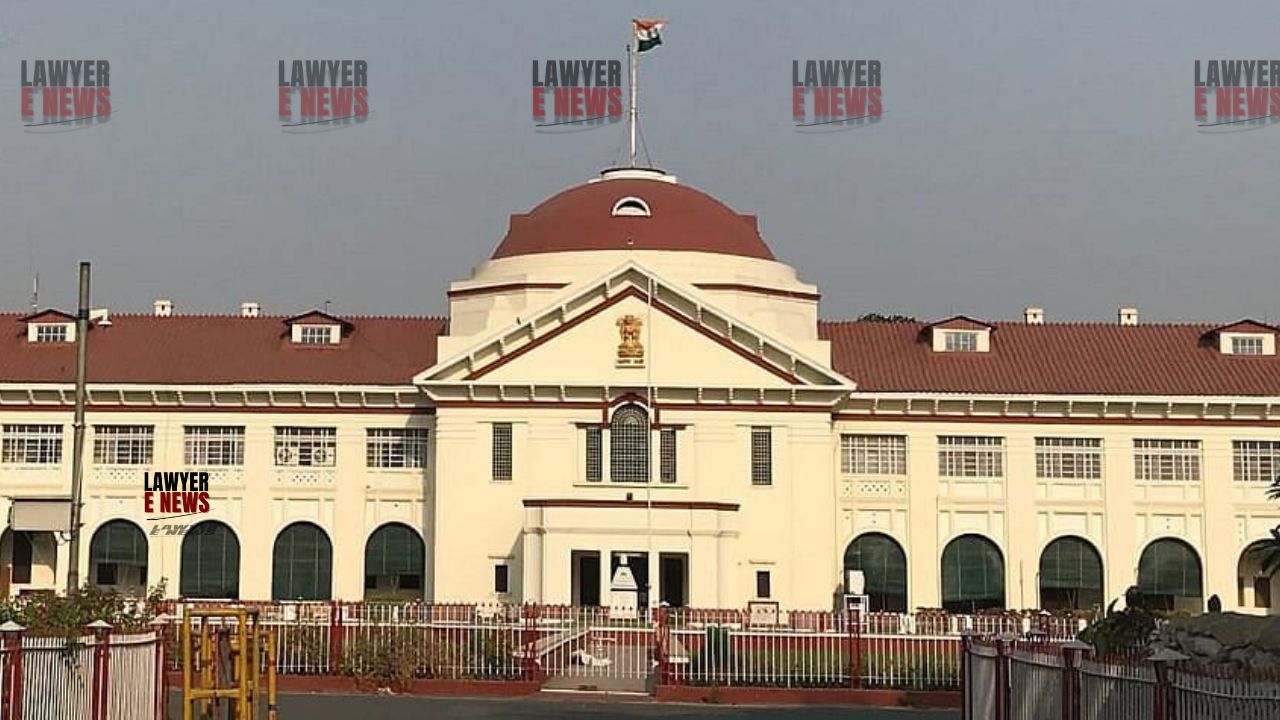-
by Admin
15 February 2026 5:01 PM



In a landmark judgment, the Patna High Court has overturned the decision of the Bihar Public Work Contract Dispute Arbitration Tribunal, ruling that sub-contractors are recognized as "parties" under the Bihar Public Work Contract Dispute Arbitration Tribunal Act, 2008. This decision affirms the legal standing of sub-contractors to seek remedies for disputes related to executed work, providing them with a significant legal victory.
The case involved M/s Star Electricals, a proprietorship firm led by Abdul Rauf Mohammad, challenging the Tribunal's order dated August 11, 2014. The Tribunal had dismissed the firm's claim, asserting that M/s Star Electricals was not a party to the contract with the North Bihar Power Distribution Company (NBPDCL) and, therefore, could not raise disputes under the Act.
M/s Star Electricals had executed installation work as a sub-contractor for M/s Genus Power Infrastructure Ltd., the primary contractor hired by the NBPDCL. Despite completing the work, M/s Star Electricals did not receive full payment, prompting the filing of a dispute with the Tribunal.
Recognition of Sub-Contractors: Justice G. Anupama Chakravarthy emphasized that the Tribunal Act, 2008, aims to provide swift resolution for work contract disputes involving the State Government or public undertakings. The Court noted that the definition of "party" under Section 2(g) of the Tribunal Act includes successors, executors, administrators, or assignees, thereby encompassing sub-contractors.
"The word 'executor' within the meaning of Section 2(g) clearly includes those who carry out or perform duties under the contract, thus making sub-contractors eligible to raise disputes," the Court remarked.
Justice Chakravarthy highlighted the interpretation of the term "includes" in legal statutes to expand the understanding of "party" under Section 2(g). Citing Supreme Court precedents, the judgment stated that legislative intent to use broader terms must be respected to ensure comprehensive applicability.
The Court pointed out that the conduct and implied consent of the primary contracting parties (NBPDCL and M/s Genus Power Infrastructure Ltd.) validated the sub-contractor’s involvement and their entitlement to legal standing.
Addressing Tribunal’s Error: The Tribunal's earlier decision was found arbitrary and illegal for failing to recognize the petitioner as a legitimate party to the contract dispute. The High Court asserted that the Tribunal had erred in its narrow interpretation of the Act, ignoring the broader legislative intent and practical implications of sub-contracting practices.
Justice Chakravarthy noted, "The rejection of the claim by the Tribunal on the grounds that the petitioner is not a party to the contract is arbitrary and illegal. The role of the sub-contractor is well acknowledged within the legal framework, making them eligible to seek dispute resolution under the Act."
The Patna High Court’s ruling reinstates the claim of M/s Star Electricals and remands the matter back to the Tribunal for adjudication within four months. This landmark decision underscores the judiciary's recognition of the essential role played by sub-contractors and affirms their legal rights within the framework of public work contracts. The judgment is expected to significantly impact future disputes, providing clarity and protection to sub-contractors involved in public infrastructure projects.
Date of Decision: May 9, 2024
